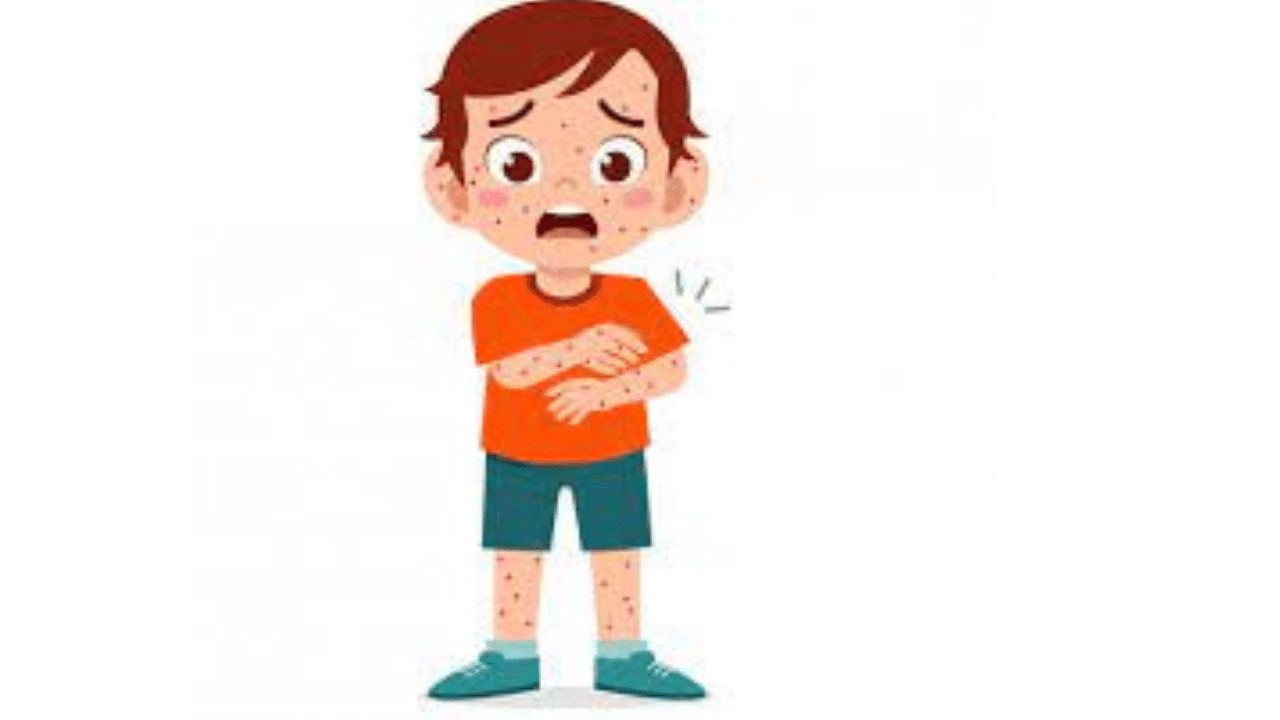The Role of Diet in Controlling Blisterata Outbreaks

When managing Blisterata outbreaks, a condition that can be both painful and unsightly, many factors come into play. While there may not be a one-size-fits-all solution, one aspect that often goes underestimated is the role of diet in controlling Blisterata outbreaks. As experts in the field, we are here to shed light on the significant impact your dietary choices can have on this condition and how you can make informed decisions to help manage and prevent it.
Understanding Blisterata: A Brief Overview
Before delving into the role of diet, it’s essential to grasp what Blisterata is. Blisterata is a dermatological condition characterized by painful blisters, typically found on the lips, around the mouth, or even in the genital area. These blisters are caused by the herpes simplex virus (HSV), with two main types: HSV-1 and HSV-2. While the virus cannot be cured, its outbreaks can be managed effectively.
The Connection Between Diet and Blisterata Outbreaks
Diet plays a pivotal role in maintaining overall health, including the strength of your immune system. A robust immune system is crucial in suppressing the herpes simplex virus, reducing the frequency and severity of Blisterata outbreaks. Here are some dietary factors that you should consider:
Lysine vs. Arginine: Striking a Balance
Lysine and arginine are two essential amino acids with opposing effects on Blisterata outbreaks. Lysine has been shown to inhibit the growth of the herpes simplex virus, while arginine can stimulate its replication. Therefore, maintaining a diet rich in lysine and low in arginine can help prevent and control Blisterata outbreaks.
Foods rich in lysine include dairy products, fish, and lean meats. Conversely, foods high in arginine include nuts, seeds, and chocolate. Striking a balance between these two amino acids can significantly affect your condition.
Vitamins and Antioxidants: Building a Strong Immune System
Your immune system is your body’s natural defense against viruses like HSV. To strengthen it, you should consume foods rich in vitamins and antioxidants. Vitamin C, for instance, can boost your immune system and reduce the duration of Blisterata outbreaks. Citrus fruits, strawberries, and broccoli are excellent sources of vitamin C.
Vitamin E, found in nuts, seeds, and leafy greens, is another powerful antioxidant that helps protect your skin and minimize scarring from Blisterata blisters.
Hydration Matters
Staying well-hydrated is essential for maintaining healthy skin and supporting your body’s natural defences. Drinking plenty of water helps flush out toxins and hydrate your skin, reducing the chances of Blisterata outbreaks.
Dietary Choices to Avoid
While incorporating the right foods into your diet can help manage Blisterata outbreaks, there are also dietary choices you should avoid to prevent triggering them:
Excessive Alcohol Consumption
Excessive alcohol intake can weaken your immune system, making you more susceptible to Blisterata outbreaks. Limit your alcohol consumption to maintain a robust immune response.
Processed Foods and Sugar
Highly processed foods and excessive sugar consumption can lead to inflammation in the body, triggering Blisterata outbreaks. Opt for a diet rich in whole foods, fruits, and vegetables to reduce the risk.
Conclusion
In conclusion, managing and preventing Blisterata outbreaks involves more than just medication. Your diet plays a critical role in the frequency and severity of these outbreaks. By focusing on a diet rich in lysine, vitamins, antioxidants, and proper hydration while avoiding alcohol and processed foods, you can take control of your Blisterata condition.
Remember that consistency in your dietary choices is vital, and it’s always advisable to consult with a healthcare professional for personalized advice. By making these informed nutritional decisions, you can significantly improve your quality of life and minimize the impact of Blisterata outbreaks.




